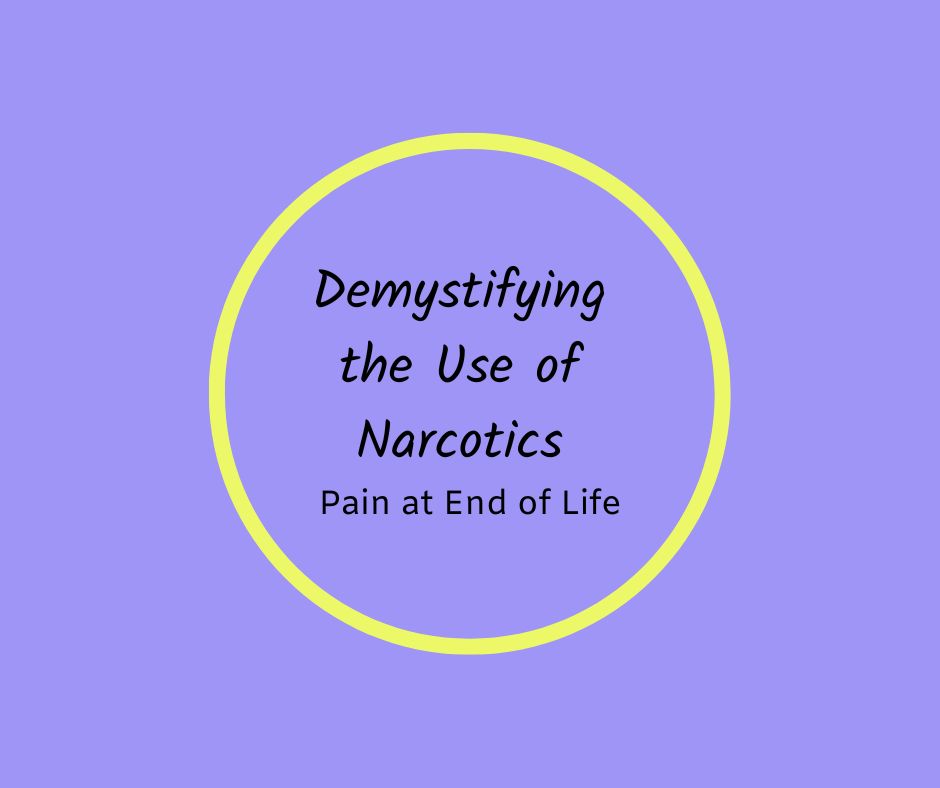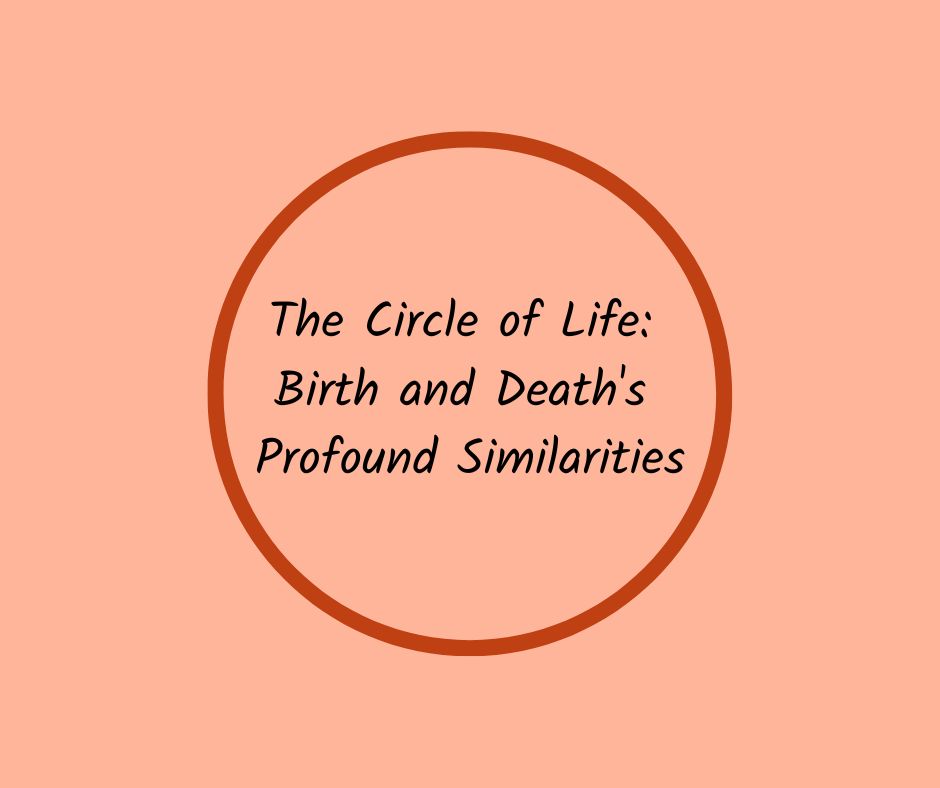When doctors and healthcare professionals place a number on how long someone has to live, they are doing that person a disservice.
We have the right to be told about our disease, its progression, and the options of care and their expected outcomes. We need to know what the probability of our being cured is vs. the disease just controlled. If controlled, what does that mean? What kind of quality (physical and mental activity) will we have?
We also have the right to be told if we can’t be fixed, if our disease has progressed to the point it is not fixable. This knowledge gives us the opportunity to live and die in a manner of our own choosing, to address end of life issues, to put our house in order.
About the “not fixable” part; no one can be so specific as to say exactly how long someone has to live—with or without treatment. There are too many personal variables. When a number is given (6 months, a year) patients and their families end up carrying that number with them over the course of their illness. From that point forward the specific number will become a guide to how life unfolds.
Why do I say this? I’ll tell you a personal story. Even though it is personal, many people will have a similar story to tell if they think about it.
My mother was diagnosed with cancer of the lung: it was not fixable. The doctor told her if she didn’t have treatment, which she declined, she would be dead in six months. His bedside manners were clearly lacking.
When the sixth month arrived, she was sure she was going to die —during the ENTIRE month. “The doctor said six months, it’s been six months, I am going to die.”
At the end of the sixth month she agreed that maybe he was wrong. She lived 18 months after diagnosis. BUT think of the needless emotional turmoil, and yes, emotional fear that the doctor’s statement created.
Because people don’t have accurate role models on what it is like to die they think they are going to be alive one minute and dead the next. They don’t know there is a process so they often think that at the six month or year point mentioned they will suddenly die.
Imagine the fear of waking up every morning and wondering if you are going to die that day. When a number is put on how long life will be, that question is ever present.
When I think that is happening to a person with a life threatening illness, I respond, “If you can ask yourself, ‘Am I going to die today,’ then you most probably are not. The day that you die, you won’t ask and you won’t care.” Think of the fear that this simple statement reduces.
Something More... "Am I Going To Die Today?"
We don't talk about death or the dying process very much, which does us a disservice. Conversations are missed. Grief is more complicated. Regrets pop up. When we know what to expect, what we can do, and where we can get support, the experience can be more sacred.
New Rules For End of Life Care, DVD Kit is a my 25 minute, multi-award-winning film that addresses not only the behavior changes as they pertain to food, sleep, and withdrawal, but also pain management and the use of narcotics, addiction, and overdosing. Many begin watching with shoulders high and finish the film feeling relaxed and better for the education.








8 comments